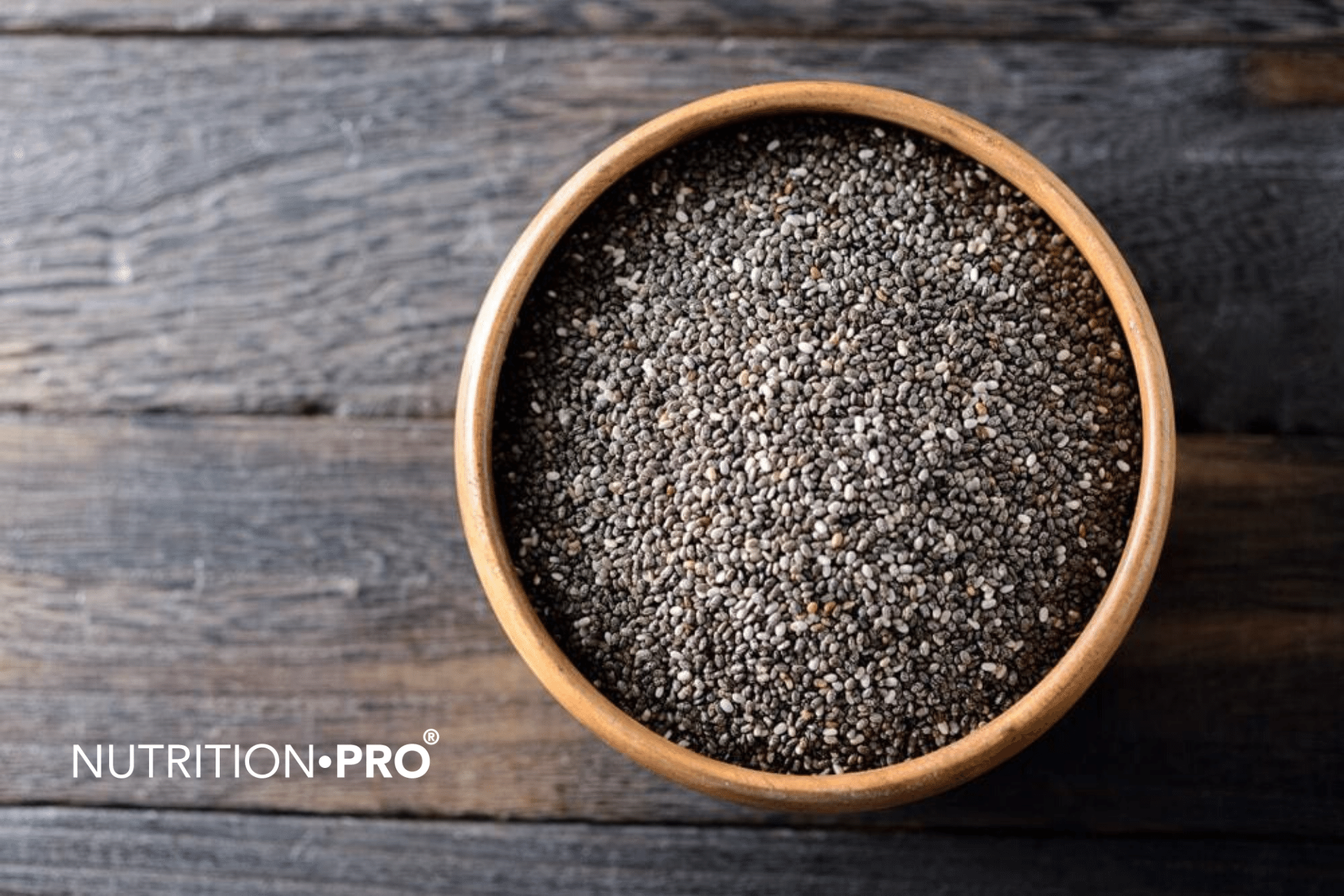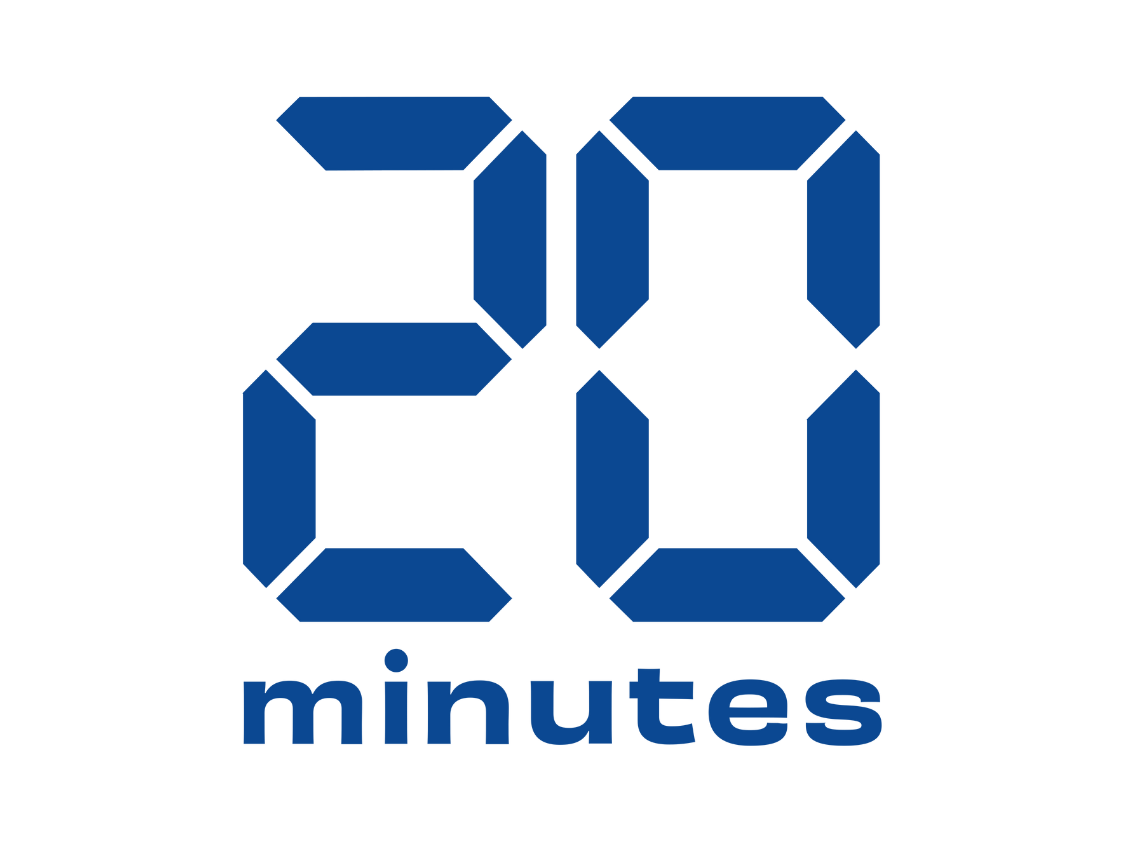Protein is the most important nutrient for both weight loss and a better looking body (muscle building).
A high protein intake boosts metabolism, reduces appetite, and alters several weight-regulating hormones .
Protein can help you lose weight and belly fat, and it works through several different mechanisms.
This is a detailed review of the effects of protein on weight loss.

Discover our protein powder (native whey) by clicking here
1. Protein alters levels of several weight-regulating hormones
Your weight is actively regulated by your brain, specifically by an area called the hypothalamus.
In order for your brain to determine when and how much to eat, it processes several different types of information.
Some of the most important signals to the brain are hormones that change in response to food .
A higher protein intake actually increases levels of the satiety (appetite-reducing) hormones GLP-1, peptide YY, and cholecystokinin, while lowering your levels of the hunger hormone ghrelin.
By replacing carbs and fat with protein, you reduce the hunger hormone and increase several satiety hormones.
This leads to a significant reduction in hunger and is the main reason why protein helps you lose weight . This can make you eat fewer calories automatically .
2. Protein Digestion and Metabolization Burns Calories
After eating, some calories are used to digest and metabolize food.
This is often called the thermic effect of food.
Although not all sources agree on the exact numbers, it is clear that proteins have a much higher thermic effect (20-30%) than carbohydrates (5-10%) and fats (0- 3%).
If we go for a 30% thermic effect for protein, that means 100 calories of protein only end up being 70 usable calories.
3. Protein makes you burn more calories
Due to the high thermal effect and several other factors, high protein intake tends to boost metabolism.
It makes you burn more calories around the clock, including during the sleep.
A high protein intake has been shown to boost metabolism and increase the amount of calories burned by approximately 80 to 100 per day .
This effect is especially pronounced when overeating or eating with a caloric surplus. In one study, overeating with a high-protein diet increased calories burned by 260 per day .
By causing you to burn more calories , high-protein diets have a "metabolic advantage" over low-protein diets.
4. Protein Reduces Appetite and Makes You Eat Fewer Calories
Protein can reduce hunger and appetite through several different mechanisms .
This can lead to an automatic reduction in caloric intake .
In other words, you end up eating fewer calories without having to count calories or consciously control portions.
Numerous studies have shown that when people increase their protein intake, they begin to consume fewer calories .
It works on a meal-to-meal basis, as well as a sustained daily reduction in calorie intake as long as protein intake is kept high .
In one study, protein at 30% of calories caused people to automatically reduce their calorie intake by 441 calories per day , which is huge .
So high protein diets not only have a metabolic advantage - they also have an "appetite advantage", which ease a lot there calorie reduction compared to low protein diets.
5. Protein Cuts Food Cravings and Reduces the Desire for Late-Night Snacks
Cravings are a dieter's worst enemy.
They are one of the main reasons why people tend to fail in their respective diets .
Another major problem is late-night snacking. Many people who tend to to gain weight experience food cravings at night, so they snack in the evening. These calories add up at all the calories they consumed during the day.
Interestingly, protein can have a powerful effect on cravings and the desire to snack at night.
Breakfast is perhaps the most important meal for filling up on protein. In a study of teenage girls, a high-protein breakfast significantly reduced food cravings .
6. Protein makes you lose weight, even without conscious calorie restriction
Protein works on both sides of the “calories in vs. calories out” equation. They reduce calories and increase calories.
For this reason, it's no surprise that high-protein diets lead to weight loss , even without intentionally restricting calories, portions, fats, or carbohydrates .
Although the results aren't always so dramatic, the majority of studies show that high-protein diets lead to significant weight loss .
Higher protein intake is also associated with less belly fat , the harmful fat that builds up around organs and causes disease .
That said, weight loss isn't the most important factor. It's stabilizing your weight over the long term that really matters.
Many people can "diet" and lose weight , but most end up gaining the weight back .
Interestingly, a higher protein intake may also help prevent weight regain. In one study, a modest increase in protein intake (from 15 to 18 percent of calories) reduced weight regain after weight loss by 50 percent .
So not only does protein help with weight loss , but it can also help you stabilize it in the long run .
7. Protein Helps Prevent Muscle Loss and Metabolic Slowdown
Weight loss doesn't always mean fat loss .
When you lose weight, muscle mass also tends to be reduced.
However, what you really want to lose is the fat body, both subcutaneous fat (under the skin) and visceral fat (around the organs).
Muscle loss is a side effect of losing weight that most people don't want.
Another side effect of weight loss is that the metabolic rate tends to decrease.
In other words, you end up burning fewer calories than before the weight loss.
This is often called " starvation mode » and can represent several hundred fewer calories burned each day .
Eating plenty of protein can reduce muscle loss, which should help keep your metabolic rate higher as you lose body fat.
Strength training is another major factor that can reduce muscle loss and metabolic slowdown when losing weight .
For this reason, high protein intake and high strength training are two incredibly important components of an effective fat loss plan.
What is the optimal amount of protein per day?
The recommended RDA for protein is just 46 and 56 grams for the average woman and man, respectively.
This amount may be enough to prevent a deficiency, but it is far to be optimal if you are trying to lose weight (or gain muscle ).
Most protein and weight loss studies have expressed protein intake as a percentage of calories.
According to these studies, aiming for proteins at 30% of calories seems to be very effective for weight loss .
You can find the number of grams by multiplying your calorie intake by 0.075. For example, on a 2000 calorie diet, you would eat 2000 * 0.075 = 150 grams of protein.
You can also aim for a certain number based on your weight. For example, aiming for 0.7 to 1 grams of protein per pound of lean mass is a common recommendation (1.5 to 2.2 grams per kilogram).
It's best to spread your protein intake throughout the day by eating protein at every meal.
Keep in mind that these numbers don't have to be exact, anything between 25-35% of calories should be effective.
How to get more protein in your diet
Increasing your protein intake is simple. Simply eat more high-protein foods :
- Meats: chicken, turkey, beef lean , pork , etc.
- Pisces: salmon, sardines, haddock, trout, etc.
- Eggs: All types.
- Dairy products: milk , cheese , yogurt , etc.
- Legumes: Red beans , chickpeas, lentils, etc.
If you eat at low carb , you can choose fattier cuts of meat. If you're not on a low-carb diet , try as much as possible to focus on lean meats . This makes it easier to maintain a high protein level without getting too many calories.
While eating more protein is simple when you think about it, incorporating it into your life and nutrition plan can be challenging.
I recommend you use a calorie/nutrition tracker at first. Weigh and measure everything you eat to make sure you're hitting your protein targets.
You don't have to do this forever, but it's very important in the beginning until you have a good idea of what a high-protein diet looks like.
Protein is the easiest, easiest and most delicious way to lose weight
When it comes to fat loss and body aesthetics, protein is the king of nutrients.
You don't have to restrict anything to benefit from a higher protein intake. It's about adjusting your diet .
This is especially appealing because most protein-rich foods also taste great. Eating more is easy and satisfying.
A high-protein diet can also be an effective obesity prevention strategy, not something you use temporarily to lose fat .
By continuously increasing your protein intake, you tip the "calories in vs. calories out" balance in your favor.
Over months, years or decades, the difference in size can be huge.
However, keep in mind that calories still matter. Protein can reduce hunger and boost metabolism, but you won't lose weight unless you eat fewer calories than you burn.
It is certainly possible to overeat and negate the calorie deficit caused by high protein intake, especially if you eat a lot of junk food.
Although this article focuses only on weight loss , protein has many other health benefits as well.















